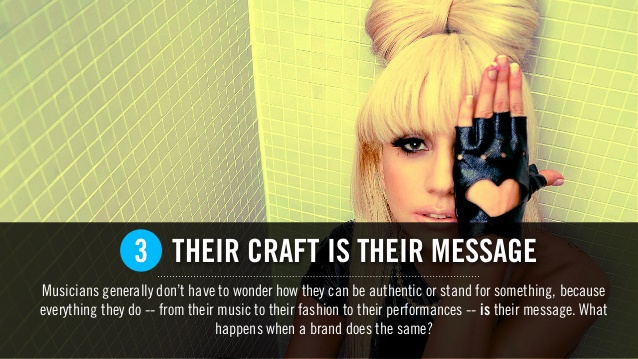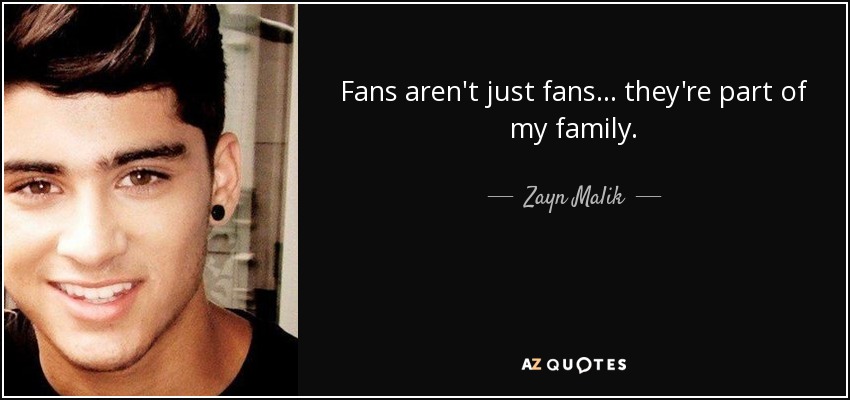To overcome these obstacles and stand out amongst others, the music industry must now infiltrate creative approaches into artists’ marketing campaigns. One of the ways the industry has begun to do approach these obstacles is by “selling” artists by creating them into brands, a phenomenon known as experiential marketing (#2019goals…” 13; Attack! Marketing). Meier explains the concept of artist brands, stating that “The hub of the music industries’ various revenue streams is now the recording artist’s image and reputation… ‘artist-brands’, not records, now constitute the primary basis of capitalization” (Meier 75, 80). Because music sales are not constituting as much revenue as it previously had, this tactic of branding is now essential in gaining income.


Billy Dukes claims that “What we think of an artist affects what we think of the music” (Dukes). This strategy of artist branding works to build a likeable image and emotional connection to convince audiences to then engage with their music, particularly through live performances (Meier 75; Attack! Marketing). To foster this brand, it is necessary to create connections between artists and fans; as Katherine Forbes, founder of digital marketing agency Designing the Row, exclaimed, “artist-fan connection is the whole purpose of marketing” because the stronger the connection, the more likely fans are to invest in the artists (Forbes). Paul Théberge also explains that “attending concerts remains, for most fans, as intense an expression of their relationship to stars as it was in the days of Jenny Lind” (Théberge). By focusing on the fostering of brand and fan-relationships, artists are more likely to, as a result, gain higher profits from their live performances.

Similarly, Théberge further notes that “fan interests and industry interests [are] feeding off of and reinforcing each other…,” since both fans and the industry can benefit from such tactics (Théberge). He further claims that “the interactions between fans and the music industry are organized in such a way as to anticipate, intensify, and prolong their relationship” (Théberge). The music industry needs new forms of revenue to make up for its loss of physical music sales, and artist-brands and relationship with fans help to effectively contribute to both audiences’ desires for deeper connections with artists and artist-brands.
